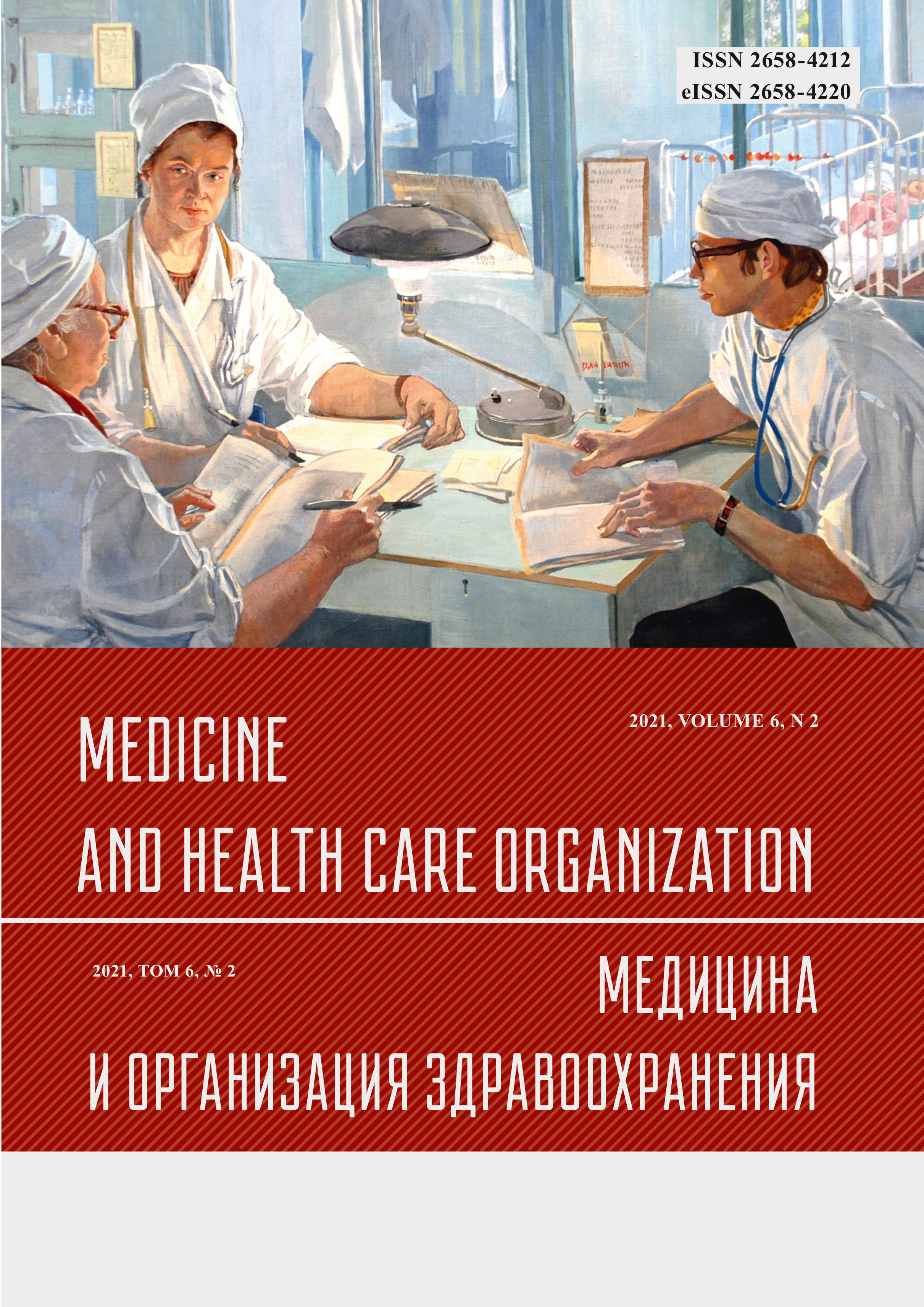Study of the prevalence of risk factors for the development of cardiovascular diseases in the population of the republic of Тatarstan using specialized software
Abstract
Decrease of the incidence and mortality of the population caused by diseases of the circulatory system cannot be achieved without assessing the influence of risk factors for the development of cardiovascular diseases. Within a prospective cohort study, risk factors were identified and their prevalence was assessed in a group of people living in the Republic of Tatarstan using modern information technologies. The survey was made from 2018 to 2019. In total, 33 medical organizations were involved, in the conditions of which the patients are admitted and their data are registered in the specialized preventive software “Management of cardiovascular risks”, which provides the inclusion of questionnaire results, diagnostic examination and the appointment of individual recommendations to patients for lifestyle correction. Just within two years the data about 111522 residents of the Republic of Tatarstan at the age from 18 to 80 years were registered. Information for each patient included gender, age, history of coronary heart disease, smoking, physical activity, blood pressure, cholesterol, glucose, and blood creatinine. The analysis made it possible to distribute patients by risk factors, including the SCORE (Systemic Coronary Risk Estimation) risk. The assessment of combinations of the presence of arterial hypertension, as one of the leading risk factors, with other factors was carried out. According to the data obtained, the patients received recommendations for correcting their lifestyle and the need to contact medical specialists. A picture of the prevalence of risk factors for the development of cardiovascular diseases in a large population of the population of the Republic of Tatarstan, including their combinations, was obtained. The most common disorder was arterial hypertension. The study showed the high efficiency of the use of a specialized preventive program that provided patient registration, data structuring, analysis of the given information and the formation of recommendations for lifestyle.



